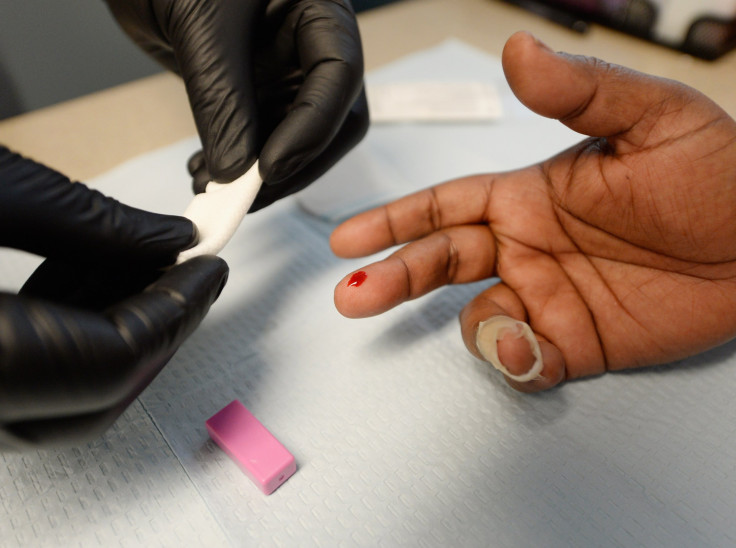Entire Family Tests HIV-Positive After Mother Keeps Diagnosis Secret For Decades

A Uganda family finally worked up the courage to ask their bedridden and gravely ill mother about a decades-long secret — had she been living with HIV?
In 2013, Jenipher Mukite’s mother revealed to her — then just 18 years old — as well as her father and two younger siblings that she had been HIV-positive for at least two decades, CNN reported for World AIDS Day, marked on Friday. As the news swept across the small eastern Ugandan village, the family became the target of shameful gossip and rumors.
Mukite’s father kicked their mother out of the house, but because she was in such poor condition and had nowhere to go, she was forced to return home where she died within a few weeks. But then, the horror got even worse — all three children, aged 18, 14 and 10, as well as their father found out they too tested positive for HIV.
According to the World Health Organization, a pregnant woman has a 15 to 45 percent chance of passing the virus on to her baby if she is HIV-positive and taking no medication. With the appropriate treatment throughout pregnancy, breastfeeding and delivery, that risk falls to below 5 percent. Mukite’s mother had apparently refused treatment for decades because the drugs were large and difficult to consume, CNN reported.
Mukite’s father then saw no reason to take care of the children and the sisters faced continued hatred and scorn directed at their now-deceased mother. Within a year, Mukite’s father had remarried and moved on with his life while the girls struggled for an education or even basic food and care. Her father told her at age 21 that she had better stop her education and instead get married, given she was HIV positive.
According to Strengthening Uganda’s Systems for Treating AIDS Nationally project, about 6 percent of pregnant women receiving prenatal care are infected with HIV. Women between the ages of 15 to 24 are particularly at risk in sub-Saharan Africa, being more than twice as likely to contract HIV. Experts say this is due to gender norms in the country pushing girls to have sex with older men at very young ages.
“The epidemic puts young women and girls at a particular disadvantage,” International AIDS Society president Linda-Gail Bekker told CNN. “Girls are at risk earlier.”
Instead of backing down to the pressures and feelings of abandonment, Mukite said she overcame suicidal thoughts and began seeking help from social workers. She now takes antiretroviral drugs for treatment and lives with a pastor and studies hairdressing. She hopes to marry and have children one day — but only after she has completed her education.
© Copyright IBTimes 2024. All rights reserved.





















